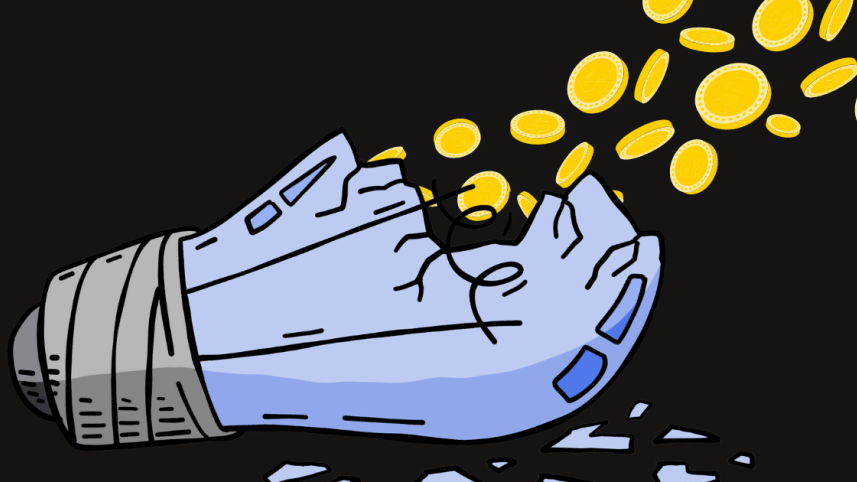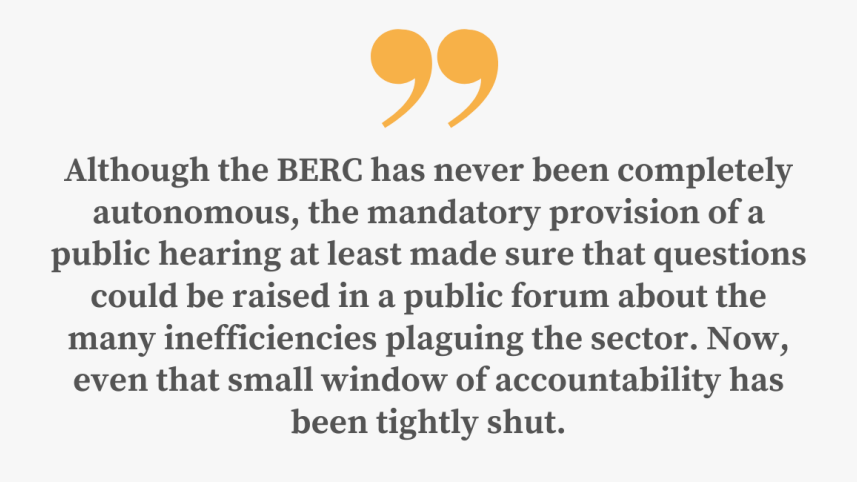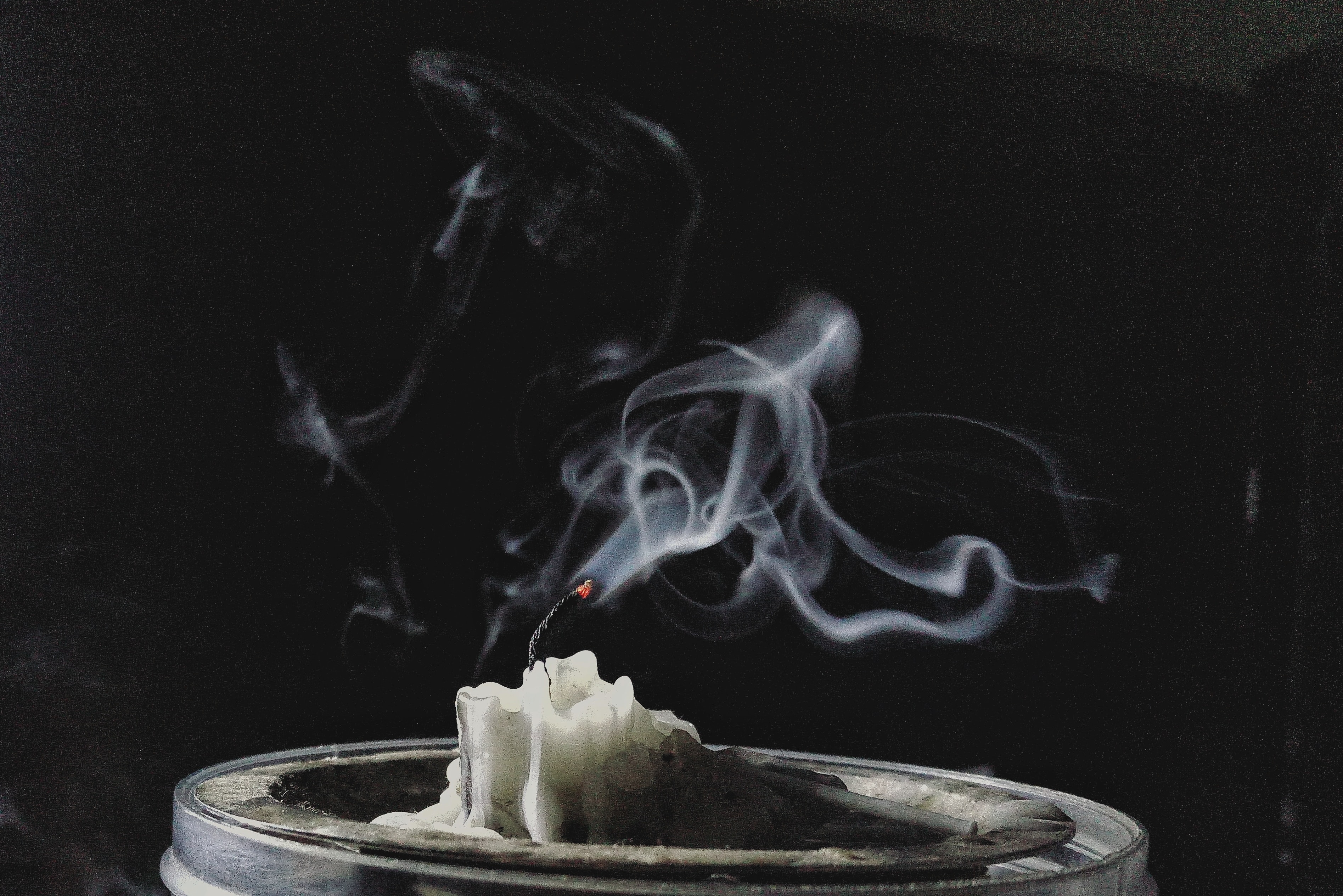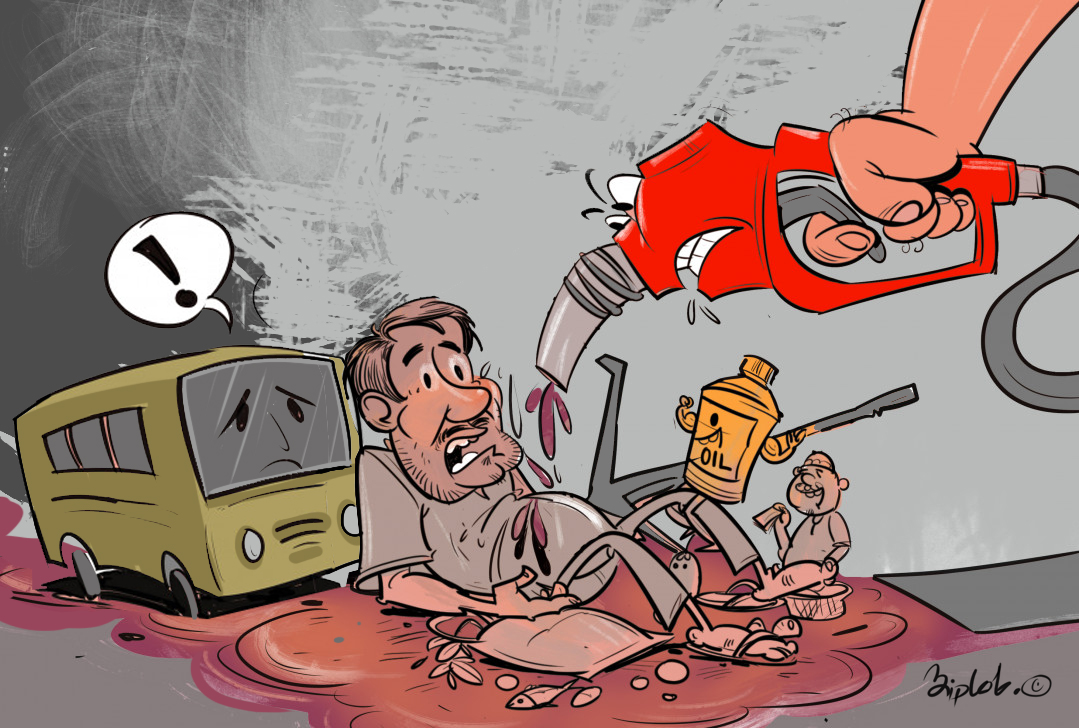An energy sector on steroids

2022 was supposed to be the year Bangladesh celebrated 100 percent electricity coverage.
Of course, when the PM made a declaration to this effect in March, patting our government on the back for increasing electricity generation fivefold to 25,514MW in the last 13 years (no mean feat, by any means), many of us knew that such a grand gesticulation was being propped up by decades of costly and unsustainable energy policies.
Since it came to power in 2009 and inherited a power sector in shambles, the Awami League government has pursued a highly ambitious energy policy, succeeding to reduce loadshedding dramatically and increase electricity production to such an extent that, as of the beginning of 2022, almost 50 percent of the electricity being produced was remaining unused. In the process, the government ignored pleas and protests from environmentalists and experts to move away from dirty energy and towards cleaner and cheaper alternatives, and save our environment and ecology, including the Sundarbans. It also paid no heed to the repeated warnings that depending on imported LNG to fuel such a large infrastructure was simply unsustainable in the long run, and that it should, instead, focus on increasing its own capacity, particularly in exploration of natural gas.
Not only did the government not listen to any critical voices, but it essentially provided wholesale indemnity for all power generation deals that were put into effect since then through the enactment of the Quick Enhancement of Electricity and Energy Supply (Special Provision) Act 2010. Although initially passed as an "emergency" law to shore up electricity within a short period of time, its duration was extended time and again. Thanks to the law, which will remain in effect till 2026 (unless it is extended again) any and all corrupt and criminal activities conducted in the name of the power sector have been deemed "halal," with no scope of being questioned in a courtroom.
For more than a decade, vested quarters have feasted lavishly on public money, without any accountability or oversight, with the blessings of our policymakers, who never missed a beat proclaiming the prowess of their development mission.
Even now, with the corruption in the energy sector finally making the headlines, no one has had to answer for the collusive and non-competitive deals made with the private sector, such as the one made with private power plants, which cost taxpayers around USD 1 billion and pushed the price of electricity up by 15 percent.
No one bothered to explain why policymakers overestimated the electricity needs of the nation and in turn paid Tk 90,000 crore of public money as capacity charges to a handful of companies to simply sit idle. No one clarified why the government decided against exploration of natural gas, despite having a one in three success rate, and this when the cost for extracting each unit of gas by local companies is Tk 1.27, extraction by a foreign company is Tk 2.90, but the cost of importing the same amount of LNG is a whopping Tk 50 (as per Petrobangla's own estimates).
Given that we have long lost any semblance of accountability, it almost seems futile to harp on how state institutions should be answerable to the public. Yet, we must, because in the end, it is the public who are being asked to pay the steep price of the misguided energy policies of the government. And they will be asked to pay significantly more in the days to come.

On November 21, the Bangladesh Energy Regulatory Commission (BERC), which is supposed to be an autonomous body, increased the average bulk power price by 19.92 percent, 38 days after it rejected the proposal for a price hike from Bangladesh Power Development Board (BPDB) following a public hearing in May. At the time, BERC Chairman Abdul Jalil said that the information filed by BPDB was "inadequate" and that if they hiked the price based on the incomplete data, "it would only bring on chaos." Shortly after, BPDB filed an appeal against the decision, which prompted BERC to increase the price without any discussion involving other stakeholders on the review appeal. Even if we are to believe that the BPC finally provided sufficient and transparent data, there can be no justification for raising the prices without holding a public hearing, particularly given that the initial proposal for a price hike was contingent upon a guarantee of zero loadshedding.
On November 28, the government went several steps further and decided it no longer even needed to pretend to consult the public.
The cabinet approved an amendment to the BERC Ordinance 2022 allowing the government to set fuel prices under "special circumstances," without having to wait for a decision for the commission's public hearing and decision. What constitutes "special circumstances," of course, is open to interpretation by the government and the government alone.
Although the BERC has never been completely autonomous, the mandatory provision of a public hearing at least made sure that questions could be raised in a public forum about the many inefficiencies plaguing the sector. Now, even that small window of accountability has been tightly shut.
The government seems bent on trotting down the same inefficient and costly path that has brought us to the current crisis. The proposed Integrated Power and Energy Master Plan (IEPMP), a long-term energy plan covering every sector and energy source, continues to overestimate our demand for electricity – by about 30 percent in 2030 and 25 percent in 2040, according to the Centre for Policy Dialogue (CPD) – which means that the government will continue to pay huge amounts of subsidies as capacity charge, even as people are asked to pay higher prices to make up for the rising costs in the sector. The masterplan relies heavily on imports, foreign companies, and foreign investments, which will increase our dependency in a highly volatile global market. At a time when experts have been repeatedly pointing out the need to explore Bangladesh's natural gas, the masterplan downplays the critical importance of building our own capacity in this regard.
While initially we were supposed to generate 40 percent of electricity from renewables, as per a modified draft, we will be generating 40 percent through "clean energy." The change in wording is certainly ominous, particularly when one notes the attempt to pass off coal, the dirtiest of fuels, as "clean" through the use of carbon capture and storage (CCS) – a technology being touted by oil and gas lobbyists. CCS, which tries to trap carbon emissions after burning fossil fuel before it enters the atmosphere, may sound promising, but environmentalists and scientists around the world have pointed out that such projects have largely been unsuccessful in the past, in addition to being expensive, energy-intensive, and risky. It is essentially a red herring, meant to distract and detract us from switching to renewables at a time of an urgent climate crisis.
It is frustrating that Bangladesh should go down this path, while proudly claiming to be a climate champion in global climate talks and negotiations. Moving away from renewables will not only be suicidal from an environmental perspective, but will also soon prove to be financially unfeasible.
It is obvious that the only thing the government has really learnt in the past year is that it can get away with repeating the same mistakes, with impunity. In other words, it's doing what it does best. The question, however, is: how much longer will we, the public, keep our mouths shut and continue to pay the heavy price for our policymakers' noxious and self-serving decisions?
Sushmita S Preetha is op-ed editor at The Daily Star.




 For all latest news, follow The Daily Star's Google News channel.
For all latest news, follow The Daily Star's Google News channel. 

Comments